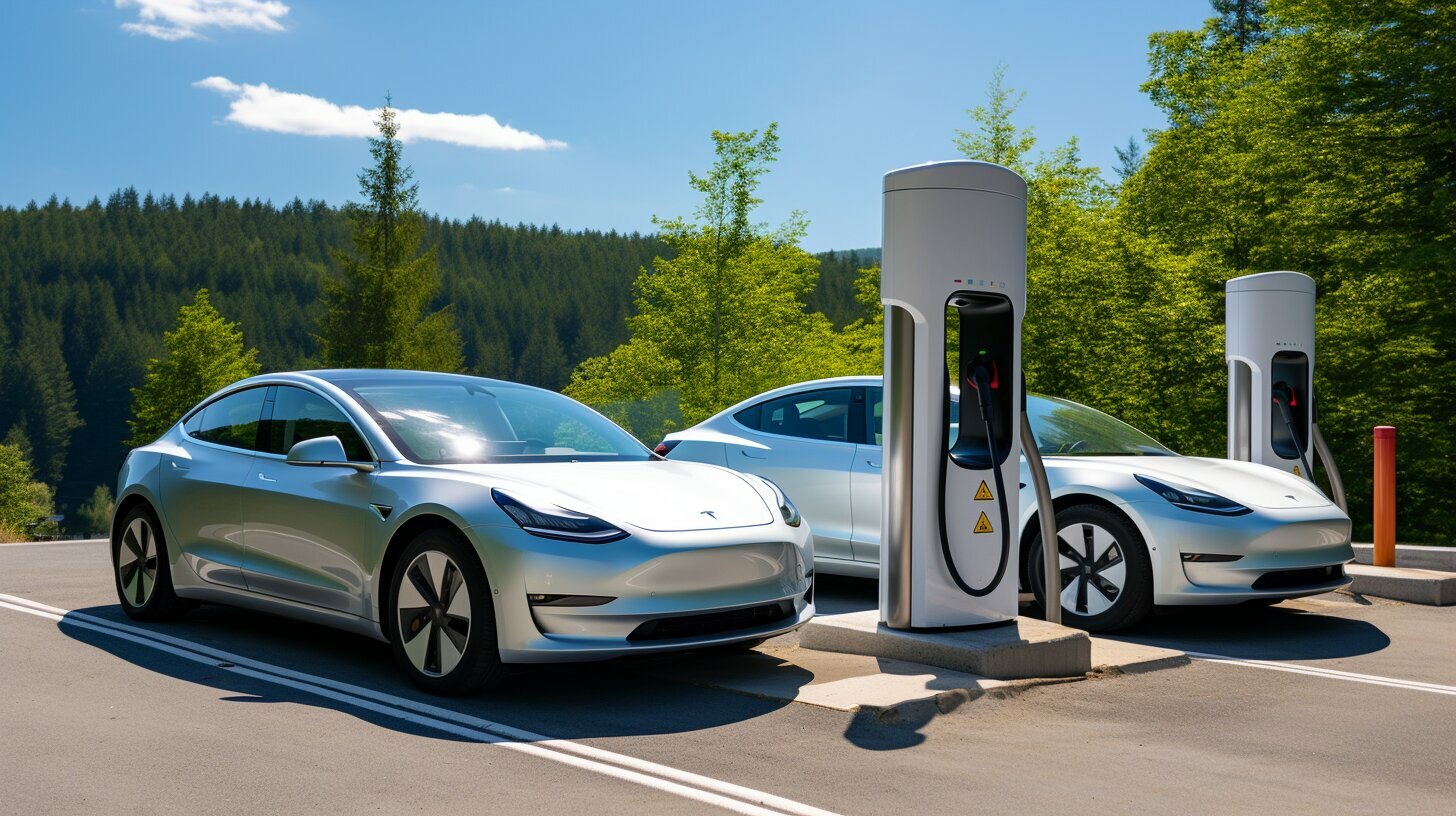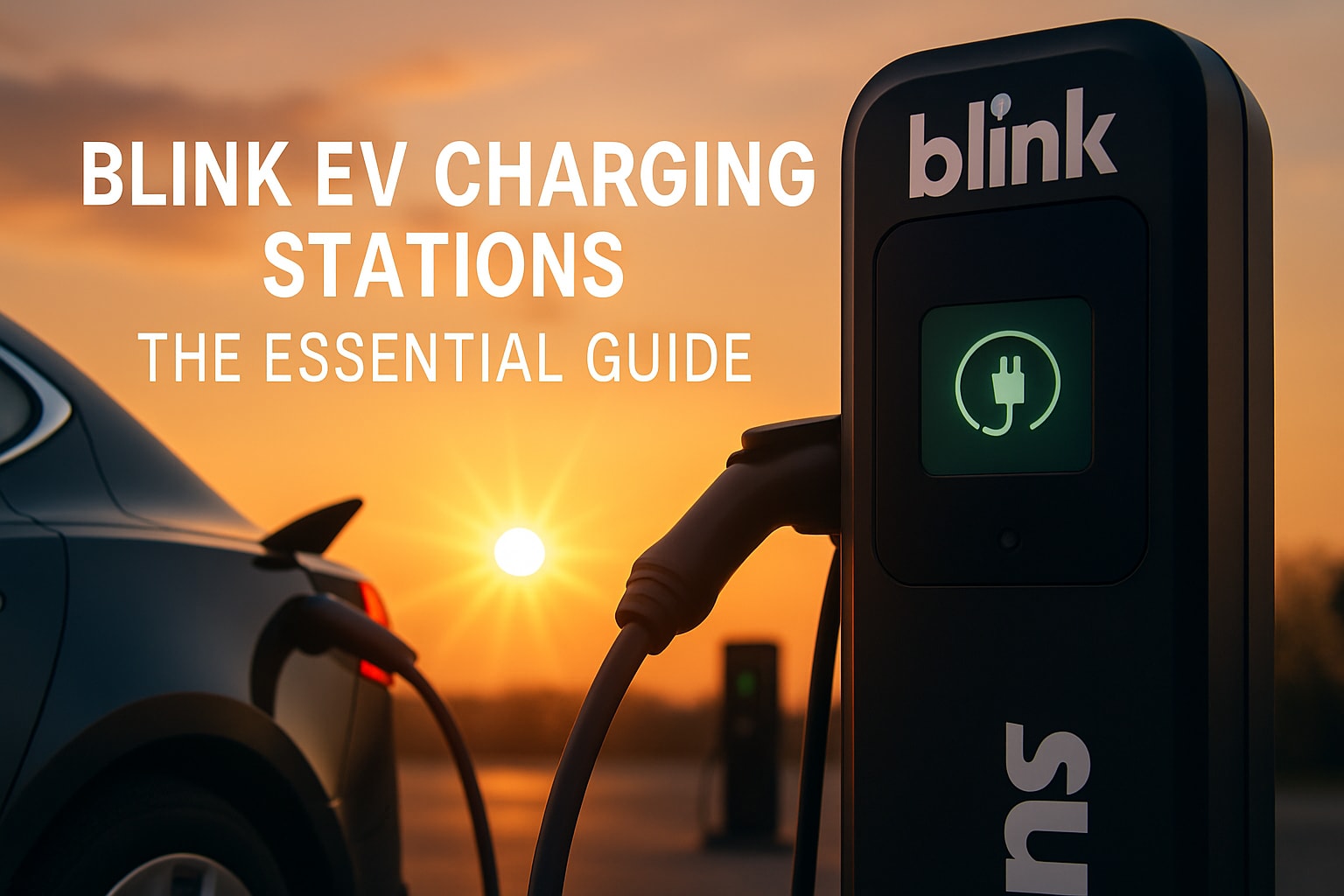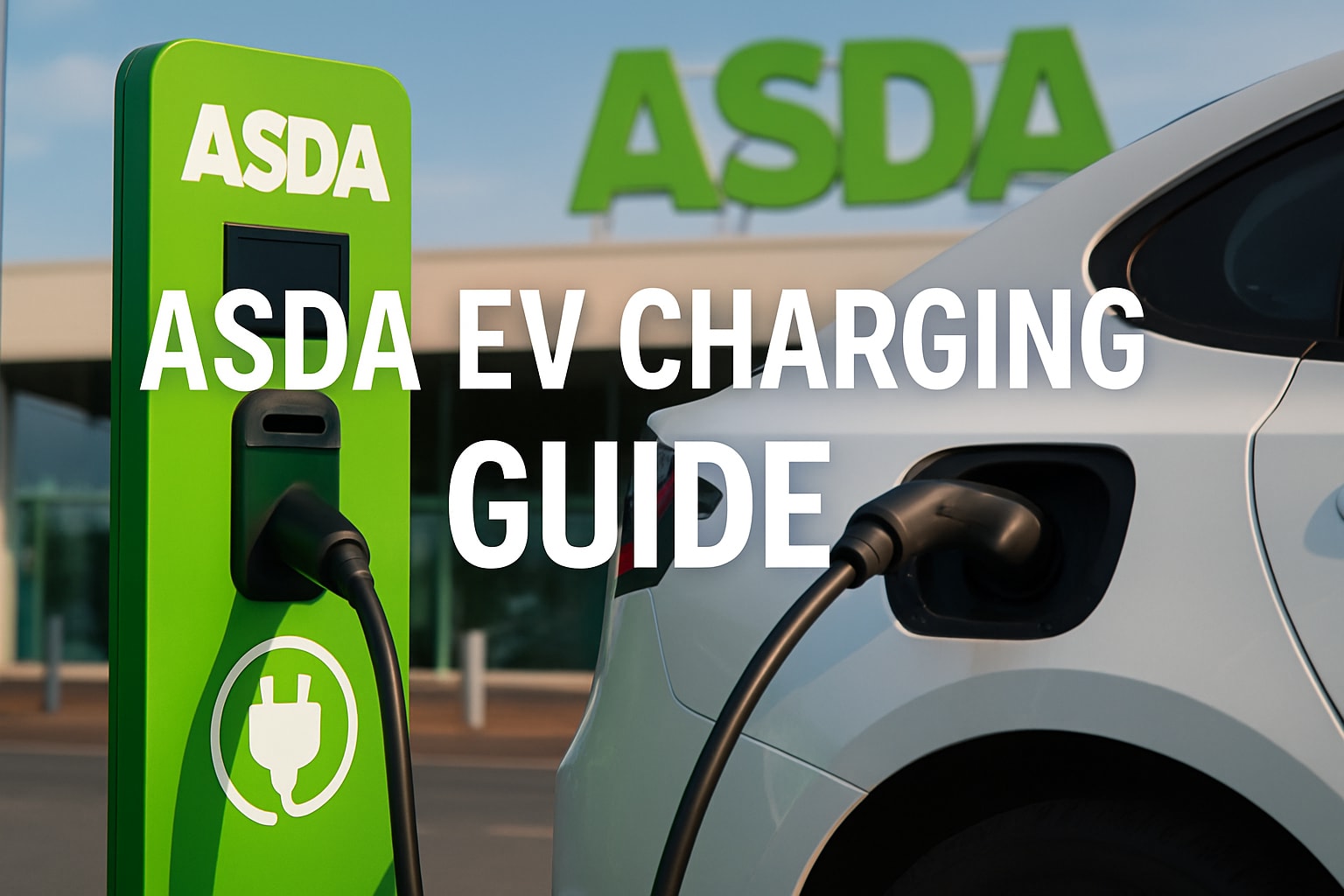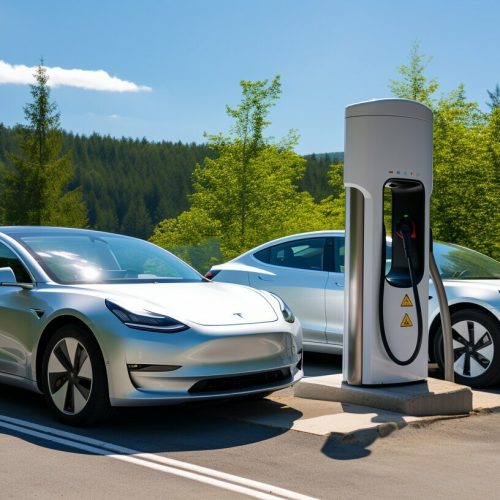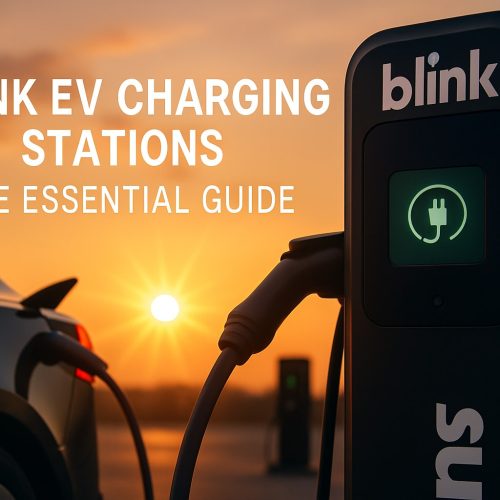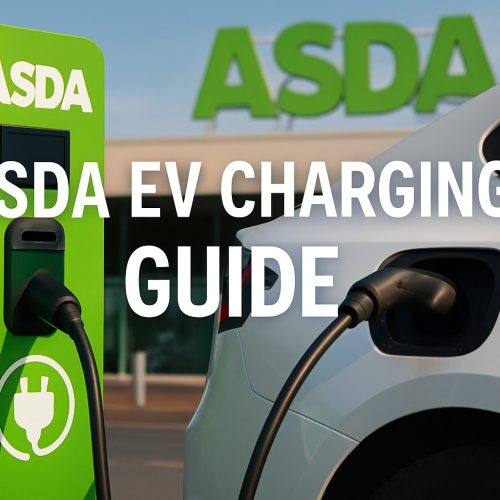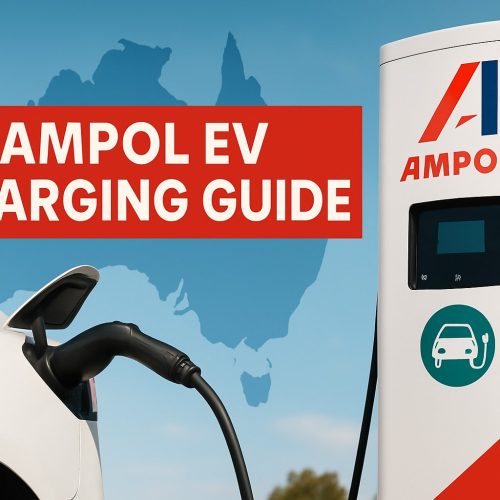The cost to charge an electric car in the UK changes based on several things. This includes the charger type and your energy tariff. Recent stats show the average cost to charge an electric car was 53p/kWh on slow/fast chargers. Rapid/ultra-rapid chargers cost 80p/kWh. Knowing this helps you understand the cost and make better choices.
To save money, it’s key to look at the cost of charging electric cars. You can find cheaper options like Sainsbury’s Smart Charge at 75p/kWh or Fastned at 69p/kWh. The cost for rapid/ultra-rapid charging has stayed about the same over the last year, at around 80p/kWh.
Key Takeaways
- The cost of charging an electric car in the UK can range from around 10p per mile to over 20p per mile, depending on the type of charger used and the energy tariff.
- The weighted average PAYG price to charge an electric car on the public charging network was 53p/kWh on slow/fast chargers and 80p/kWh for rapid/ultra-rapid chargers in December 2024.
- Some networks offer cheaper PAYG charging, including Sainsbury’s Smart Charge and Fastned.
- The average weighted PAYG price for public EV charging has remained stable over the past year.
- Understanding the electric vehicle charging cost uk is key for making smart choices about ev charging price in uk.
- Looking for cheaper PAYG charging can help lower the cost of charging electric cars in the UK.
Understanding the Basics of EV Charging Costs
The UK is moving towards a greener future, with plans to ban new petrol and diesel cars by 2035. Knowing the costs of electric vehicle (EV) charging is key. The price to charge an electric car at home varies, depending on the charger and energy tariff. Prices range from 5p to over 15p per kWh. Electric vehicle charging fees uk can differ a lot, so it’s important to understand what affects these costs.
There are different types of electric vehicle chargers. These include slow, fast, and rapid chargers. Charging at home can cost as little as 7p per kWh. But, public rapid charge points can be up to 85p per kWh.
Factors Affecting Charging Costs
Several things influence electric car charging prices. These include the charger type, energy tariff, and the car’s battery size. Knowing about kilowatt hours (kWh) is also important. It helps owners figure out their energy use and costs.
The average cost to fully charge an electric vehicle in the UK at home is £5 to £10. This depends on the energy tariff and battery size.
Understanding Kilowatt Hours (kWh)
Kilowatt hours (kWh) measure energy use. Using off-peak tariffs and smart energy use can lower charging electric car at home cost. The average UK car journey is 7.9 miles. Knowing kWh helps owners manage their energy use and cut electric vehicle charging fees uk.
The Real Cost of Charging Electric Car UK: A Complete Breakdown
When looking at electric car charging rates in britain, several factors come into play. The cost to charge an electric car in the UK changes based on the charger type, energy tariff, and location. Zapmap shows the average cost to charge an electric car on public networks has stayed the same as last year.
The uk electric vehicle charging expenses include costs for public charging, home charging, and work charging. Here are some important points to remember:
- Charging an electric car on public networks costs between 3p to 19p per mile, depending on the charger and tariff.
- Charging at home can be as cheap as 3p per mile, making it a cost-effective choice for many.
- The cost of charging at work varies based on the employer and available charging infrastructure.
In summary, the cost to charge electric car in united kingdom is a key factor in owning an electric vehicle. But, with the right charging setup and energy tariff, you can reduce these costs. This way, you can enjoy the benefits of electric vehicle ownership.
Home Charging Solutions and Their Costs
For many electric vehicle owners in the UK, home charging is the most convenient and cost-effective option. The cost of installing a home charging point can vary. It can range from £500 to £1,500, depending on the charger and installation company. But, government grants like the OZEV EV Chargepoint Grant can reduce this cost by up to £350.
The monthly cost of charging an electric car at home varies. It can be from around £20 to over £50. This depends on the energy tariff and the charger type. For example, charging a 63kWh battery fully can cost about £15 with a standard tariff. But, an EV-specific off-peak tariff can lower this cost significantly. It’s important to look at the electric vehicle charging costs uk and electric car charging tariffs uk to find the best option for you.
Here is a breakdown of the estimated costs:
| Charger Type | Cost |
|---|---|
| 3kW charger | £250-£500 |
| 7kW charger | £450-£800 |
| Smart charger with app control | £1,145 |
It’s also important to consider the cost of rapid charging electric car and how it compares to standard charging. By understanding the different options and their costs, you can choose the best home charging solution for your electric vehicle.
Public Charging Networks and Their Rates
The cost to charge an electric car on public networks varies. It depends on the charger type and the operator. Zapmap shows the Top 10 rapid charging networks in the UK charge between 51p/kWh and 89p/kWh. This means charging can cost between 10p and over 20p per mile.
The electric car charging station cost uk changes based on several factors. For instance, Sainsbury’s Smart Charge starts at 75p/kWh for PAYG. Fastned and Believ offer even cheaper rates, starting at 69p/kWh and 66p/kWh, respectively.
Here’s a look at the electric car charging costs in the uk for different operators:
| Charge Point Operator | Price per kWh |
|---|---|
| Sainsbury’s Smart Charge | 75p |
| Fastned | 69p |
| Believ | 66p |
The uk electric vehicle charging prices vary by charger and operator. But, with more networks and operators, charging electric cars is getting cheaper. This makes electric cars a more appealing option for UK drivers.
Rapid Charging Stations: Convenience vs Cost
Rapid charging stations make it easy for electric car owners to charge quickly. But, this ease comes with a price. The cost to charge an electric car in the UK varies. It can be from 20p to over 30p per kWh, depending on the operator and location.
Some providers, like Instavolt, charge more for rapid charging. For an 87kWh vehicle, Instavolt can cost up to £73.95 at 85p/kWh. Home charging, on the other hand, can be as low as £6.09 at 7p/kWh. This shows why it’s key to look for affordable charging options in the UK.
Motorway Service Station Rates
Motorway service stations charge more for charging due to their convenience. The cost of public charging can change based on location, convenience, and speed, like fuel prices. It’s important to compare prices to find the best deals.
Urban Rapid Charging Points
Urban rapid charging points are gaining popularity, making city living easier. Some providers offer lower prices during off-peak hours. It’s vital to explore affordable charging options, including off-peak rates and membership plans, to save on rapid charging costs.
Workplace Charging: Options and Expenses
In the UK, many employers offer charging options for electric cars at work. This makes it easy and affordable for employees to charge their cars. The cost can be between 5p and over 15p per kWh, depending on the energy tariff and charger type. This is similar to electric vehicle charging fees uk, which vary by network and charger type.
Important things to think about with workplace charging include:
- Employers can pay back employees for electric car charging prices on business trips
- Reimbursement for charging electric car at home cost by employers might have tax implications
- Workplace charging facilities are tax-free for employers, covering electricity, installation, and maintenance costs
The electric vehicle charging fees uk can change based on the energy tariff, time of day, and energy use. Employers can install electric car charging points at work. This is a convenient and cost-effective option for employees.
Employers should know about tax rules for electric car charging prices reimbursement. It might be taxed unless it’s only for business. But, if they provide charging facilities at work, the costs are tax-free.
Smart Charging and Off-Peak Tariffs
Electric vehicle owners in the UK can cut their electric vehicle charging costs uk by using smart charging and off-peak tariffs. These options let owners charge their cars when energy prices drop. This way, they save a lot of money.
Top electric car charging tariffs uk are from Octopus Energy, EDF, and Good Energy. They offer rates as low as 4.5p/kWh during off-peak hours. This can greatly reduce what you pay for charging compared to regular plans. Also, smart charging systems help lower the cost of rapid charging electric car by using energy wisely.
Switching to a smart tariff can save up to £500 a year on energy bills. Some popular ones are:
- Octopus Go: 7.5p/kWh off-peak rate
- EDF Energy GoElectric: 4.5p/kWh off-peak rate
- Good Energy: 6.8p/kWh off-peak rate
It’s key to compare tariffs and pick the one that fits your needs. This way, you can cut down on electric vehicle charging costs uk and save more.
Comparing Costs: Electric vs Petrol Vehicles
Choosing between electric and petrol vehicles often comes down to cost. Zapmap says electric car drivers can save about £770 a year. This is mainly because electric car charging prices are much lower than petrol costs.
The charging electric car at home cost can also save a lot. Electric cars cost around 3-5p per mile to charge. This is less than the 14.5p per mile for petrol cars. So, the savings add up over the year. Plus, electric vehicle charging fees uk are often cheaper than petrol.
Here are some key points to consider when comparing the costs of electric and petrol vehicles:
- Annual running costs: Electric cars can cost between £1,000 and over £2,000 a year. This depends on the car type and energy tariff.
- Maintenance expenses: Electric cars need less maintenance than petrol cars. This can help make up for the higher initial cost of electric vehicles.
Electric cars are becoming more popular because of their cost savings. With lower electric car charging prices and electric vehicle charging fees uk, many are switching to electric.
Tips for Reducing Your EV Charging Expenses
If you own an electric car in the UK, you can save money. Look for cost-effective electric car charging uk options. Using off-peak tariffs can greatly reduce your pricing for electric car charging in the uk. For instance, EDF’s GoElectric tariff charges 8.99p/kWh, while Octopus Energy’s Intelligent tariff is 7p/kWh.
To cut down on average cost of charging electric car in the uk, charge during off-peak hours. This could be at night. Also, using energy-efficient chargers and joining membership schemes can help.
Here are some tips to lower your EV charging costs:
- Use off-peak tariffs to charge your car at a lower rate
- Optimize your charging times to avoid peak hours
- Consider using energy-efficient chargers
- Take advantage of membership schemes and loyalty programs
By following these tips, you can save on EV charging costs. Always check the pricing for electric car charging in the uk. Compare rates to find the best deal for you.
| Charge Point Operator | Off-Peak Rate | Peak Rate |
|---|---|---|
| EDF | 8.99p/kWh | 24.86p/kWh |
| Octopus Energy | 7p/kWh | 24.86p/kWh |
| British Gas | 7.9p/kWh | 24.86p/kWh |
Future Trends in EV Charging Costs
The electric vehicle market is growing fast, with over 1.1 million electric cars on UK roads. As more people choose electric vehicles, it’s important to look at future charging costs. The cost of rapid charging will be key in shaping the market.
New technologies like smart charging and vehicle-to-grid charging will change EV charging costs. Smart charging helps save energy and cut costs. Vehicle-to-grid charging can also earn electric car owners extra money. Electric car charging tariffs in the UK are set to get more competitive, with flexible rates for off-peak charging.
Some key trends to watch include:
- Increased adoption of smart charging technologies
- Growing demand for rapid and ultra-rapid charging points
- More competitive electric car charging tariffs uk
As the market evolves, keeping up with the latest in EV charging costs is vital. Understanding these trends helps electric car owners and buyers make better choices about charging and costs.
| Charging Type | Cost | Benefits |
|---|---|---|
| Smart Charging | Reduced energy consumption | Optimized charging times |
| Rapid Charging | Higher upfront cost | Fast and convenient charging |
| Vehicle-to-Grid Charging | Potential revenue stream | Additional income for electric car owners |
Conclusion
As we wrap up our look at electric car charging costs in the UK, it’s clear the future is bright. The UK government aims to stop petrol and diesel cars by 2030. This makes electric car charging prices and owning costs more appealing.
Recent numbers show EVs make up nearly 20% of new car sales in the UK. This number is expected to grow a lot in the next few years.
One big plus of owning an electric vehicle is saving on fuel and maintenance. The charging electric car at home cost is much lower than petrol or diesel cars. This means EV owners can save a lot of money over time.
The UK’s growing electric vehicle charging fees uk network and government grants for home charging make going electric easier. This makes it simpler for drivers to join the electric revolution.
As technology gets better, electric cars will get even better. They’ll have longer ranges, better performance, and be more affordable. The UK is at the forefront of making cars cleaner and more sustainable. By choosing electric cars, British drivers can help make our roads greener and more efficient.
